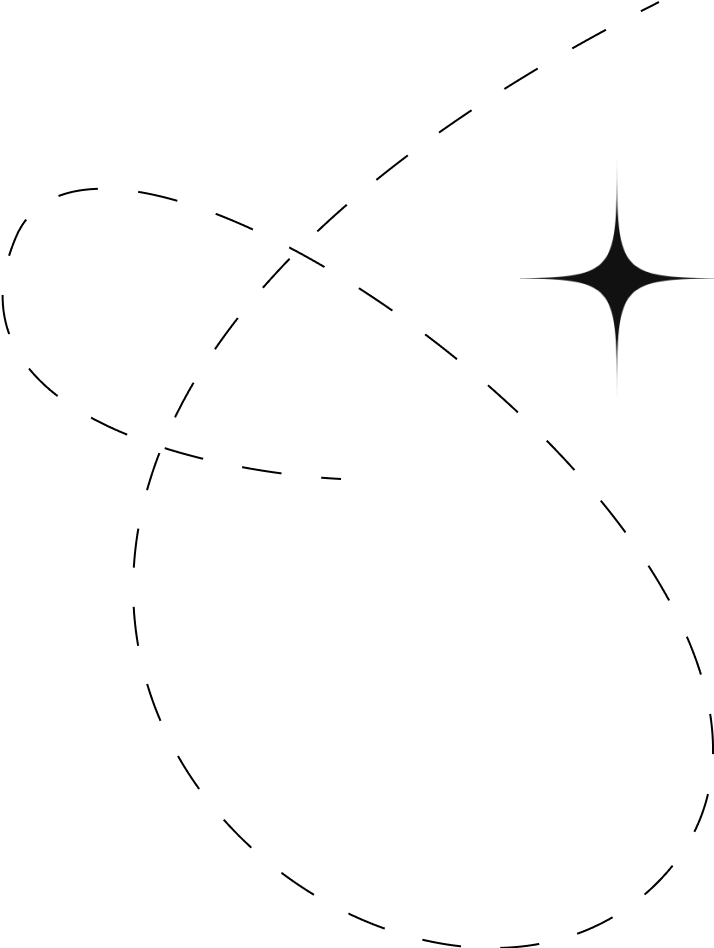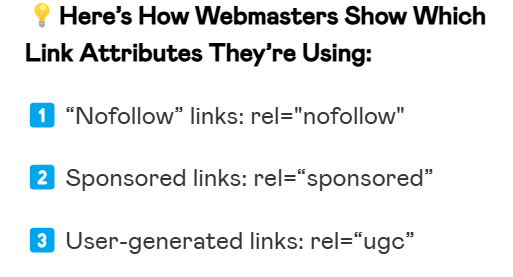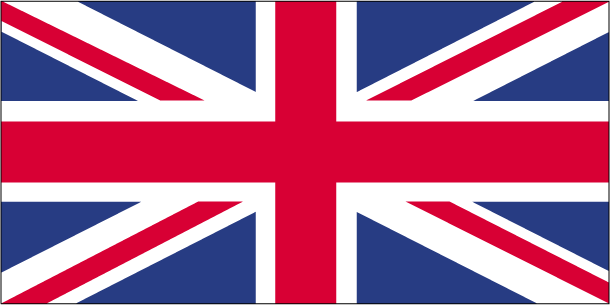Guides
Google has updated its guidelines, requesting that all paid links be marked with rel=”sponsored”.

Backlinks are a crucial factor in Google’s algorithm, acting as endorsements from one website to another. A backlink suggests that a website has vetted and approved the content it links to, ensuring quality for its users.
However, paid links often don’t undergo the same rigorous checks. When a website pays for a link, there’s a financial incentive to include it, even if the linked content isn’t up to standard. To prevent these paid links from affecting search rankings, Google discourages them from passing “link juice” or ranking power.
Previously, Google recommended using the NoFollow tag for paid links to stop the transfer of link juice. Now, though, NoFollow is seen more as a suggestion, and Google might still allow link juice to pass through NoFollowed links. Consequently, Google now prefers the use of the rel=”sponsored” tag for paid links.
It’s important to note that using NoFollow on paid links is still acceptable. The shift to rel=”sponsored” is more of a recommendation than a requirement from Google.
Here’s how to implement the rel=”sponsored” tag in your HTML:
<!DOCTYPE html>
<html>
<head>
<title>Example Page</title>
</head>
<body>
<h1>My Website</h1>
<h2>Advertisement</h2>
<a href=”https://www.example.com” rel=”sponsored”>
<img src=”ad-image.jpg” alt=”Advertisement”>
</a>
<h2>Content</h2>
<p>This is the content of my website.</p>
<!– Other HTML elements and content –>
</body>
</html>
This simple change helps ensure your paid links comply with Google’s guidelines, maintaining the integrity of your site’s SEO efforts.
Here are some additional points to consider regarding the rel=”sponsored” tag:

By following these guidelines, you can ensure proper use of the rel=”sponsored” tag and maintain transparency with both search engines and your users.
Qualify Outbound Links for SEO: This is the official documentation from Google about using rel=”sponsored” and other link attributes.
How Google’s Rel = Nofollow, Sponsored, & UGC Links Impact SEO: This article by Moz, a well-respected SEO company, explains the impact of the update and how to use rel=”sponsored.”
An SEO guide to nofollow, UGC and sponsored links: This article from Search Engine Land offers a clear breakdown of the different link attributes.
Let TomatoTree Digital, Kerala’s top SEO company, help your brand succeed online. Contact us today for tailored strategies that deliver exceptional results!

Never settle for anything less than the best! Hire the top SEO experts from the Best SEO Company in Kerala and benefit from the customized Search Engine Optimization strategies designed exclusively for your brand.

India

United Kingdom
Newsletter
Never settle for anything less than the best!
Other Links
WhatsApp us